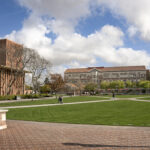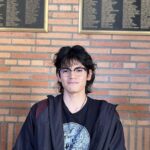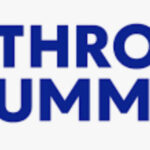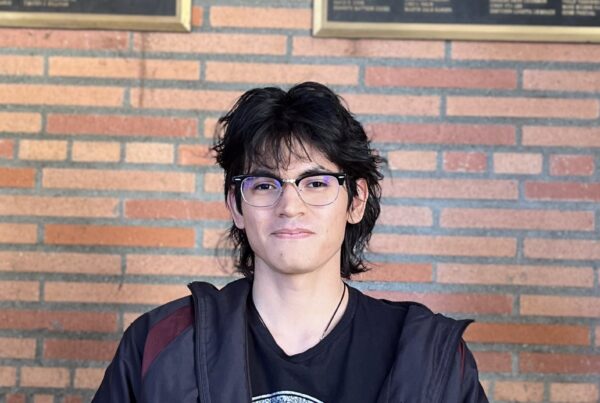For me, the deciding factor that cemented my choice to pursue electrical and computer engineering was the course EE 109: Introduction to Embedded Systems. In this course, we explored topics such as circuit analysis, state machines, and logic circuits during lecture and applied our knowledge in weekly labs where we built projects using Arduinos and circuit boards. I enjoyed working with microcontrollers and building circuits, and fell in love with embedded systems. I found it captivating to integrate hardware and software, and to see my code produce tangible results as various sensors interacted with one another, taking in the surrounding environment as input.
Coursework and Labs
I also appreciate how application-based the coursework is. There are many core courses designed specifically for electrical engineering majors, which is especially beneficial because they tie core concepts to valuable application. In the electrical engineering version of linear algebra, I worked with MATLAB and connected the topics we learned in lecture to machine learning applications in the weekly labs. For instance, when learning about eigenvalues and eigenvectors, I used MATLAB to compare and distort images of faces, similar to modern machine learning applications where computer vision is used in human face recognition. The concepts we learned in the classroom tangibly connected to modern machine learning applications, making the content valuable for industry and research applications.
Community
This major is also home to a vibrant engineering community. As a smaller major with many electrical engineering-specific courses, I have developed friendships with my fellow peers and will continue to take classes alongside them throughout our four years. I have found it easy to form connections with my peers as we learn the material together and work through the labs.
Professors
The professors in this department are truly incredible; they care deeply about our education and value developing connections with the students. Beyond lectures, professors host weekly office hours and root for our success. Many professors are also involved in research, so by simply taking a core class requirement, you gain access to research areas you may be interested in joining.
Student Organizations
There are also countless opportunities outside of the classroom to continue developing your interests in electrical and computer engineering. From project teams including SC Formula Electric to Rocket Propulsion Laboratory, we can engage in hands-on experiences and develop new skills. Currently I am involved in Makers, an organization focused on building innovative electronic projects encompassing fields such as the Internet of Things, Embedded Systems, and Robotics. My team is designing a Robokeeper, which involves automating a goalie in a foosball table to block incoming shots using computer vision and a gantry system. Classes like EE 109 have provided foundational knowledge for the skills I am applying in the project, and I look forward to “score the next goal” alongside my team of creative engineers.





